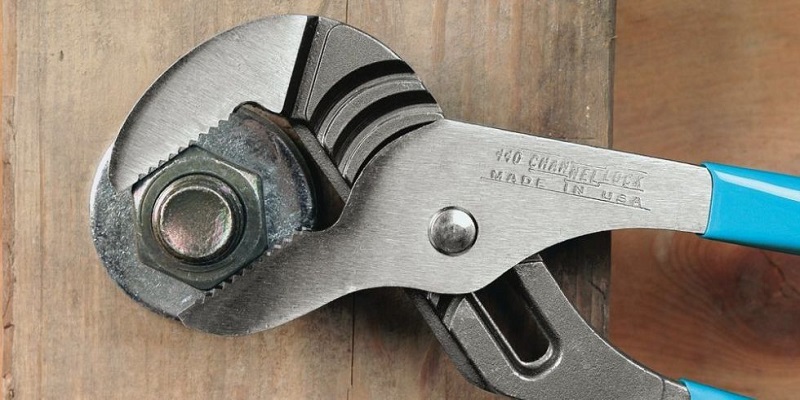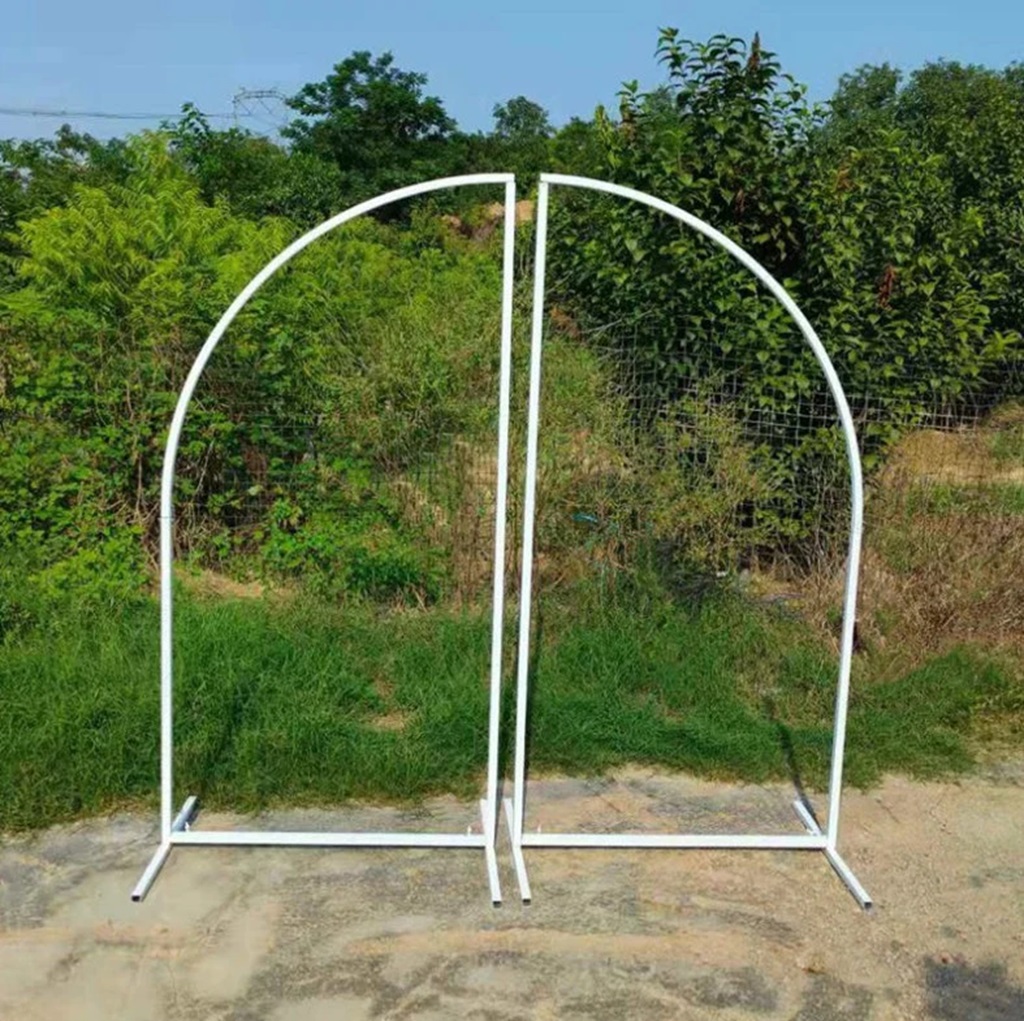When it comes to DIY projects, repairs, and various mechanical tasks, having the right tool for the job can make all the difference. Wrenches, in their various forms, are among the most essential tools in any toolbox. These versatile devices are designed to grip, turn, and tighten nuts, bolts, and other fasteners. However, not all wrenches are created equal, and they come in a wide array of designs, each tailored to specific tasks. In this article, we’ll explore the fascinating world of wrenches and delve into the different types of wrenches and their unique functionalities.
Adjustable Wrench
The adjustable wrench is a true multitasker in the world of wrenches. Featuring a movable jaw, this versatile tool can adapt to various nut and bolt sizes with ease. It’s the go-to choice when you’re unsure about the exact size you need. With just one tool, you can tackle a range of fastening tasks.
Combination Wrench
The combination wrench combines the features of both box-end and open-end wrenches. One end features a box-end wrench, which provides a secure grip on fasteners, while the other end boasts an open-end wrench, ideal for quick adjustments in tight spaces. It’s like having two wrenches in one, ensuring efficiency and convenience.
Open-End Wrench
Open-end wrenches have two flat jaws that grip the sides of nuts and bolts. They come in various sizes and are particularly useful for plumbing and automotive work. Their design allows for quick application and removal, making them indispensable in scenarios where speed matters.
Socket Wrench
A socket wrench employs interchangeable sockets that can accommodate a wide range of nut and bolt sizes. This versatility makes it a staple in automotive and mechanical work. The socket’s deep design allows for a secure grip on fasteners, reducing the risk of slippage and rounding.
Ratchet Wrench
The ratchet wrench is a close cousin of the socket wrench. What sets it apart is its ratcheting mechanism that enables the socket to turn in only one direction, even while maintaining contact with the fastener. This feature is a game-changer when working in confined spaces where continuous rotation is challenging.
Crowfoot Wrench
Crowfoot wrenches are open-end wrenches equipped with a socket at the end. They excel in situations where traditional wrenches can’t reach due to their unique design. Often used in automotive work, they provide access to hard-to-reach areas while maintaining a secure grip on fasteners.
Pipe Wrench
Pipe wrenches are recognizable by their serrated jaws designed to grip onto pipes and cylindrical objects. Commonly used in plumbing, these wrenches are essential for tightening and loosening pipes and fittings. Their adjustable design allows for flexibility when dealing with different pipe sizes.
Torque Wrench
Precision is key in certain tasks, and that’s where the torque wrench comes into play. This specialized tool is used to tighten nuts and bolts to specific torque values. It ensures that fasteners are secured with the right amount of force, preventing over-tightening and potential damage.
Allen Wrench (Hex Key)
The Allen wrench, also known as a hex key, is a small but mighty tool. Its L-shaped design allows it to engage with hexagonal screws and bolts, commonly found in furniture, appliances, and machinery. Its compact size and specialized functionality make it a must-have for every toolbox.
Oil Filter Wrench
When it’s time for an oil change, an oil filter wrench is your best friend. This specialized tool is designed to remove oil filters from vehicles with ease. Its unique design ensures a firm grip on the filter, preventing slippage and frustration during the oil-changing process.
Lug Wrench
Changing a flat tire requires a lug wrench. This type of socket wrench is specifically designed to remove lug nuts from vehicle wheels. With different socket sizes to accommodate various lug nut sizes, a lug wrench is a lifesaver when you find yourself stranded with a flat tire.
These wrenches represent just a glimpse into the diverse world of tools available for various tasks. Depending on the job at hand, having the right wrench can save time, and effort, and ensure a successful outcome. So, the next time you embark on a DIY project or need to tackle a mechanical challenge, remember to choose the appropriate wrench for the task.
Conclusion
In the realm of tools, wrenches stand out as versatile essentials that make our lives easier. From the ever-adaptable adjustable wrench to the precision-focused torque wrench, each type serves a specific purpose, contributing to successful repairs and projects. By understanding the differences between these wrenches, you can confidently approach tasks and ensure that you’re using the right tool for the job.
FAQs About Wrenches
Q1: Can I use an adjustable wrench for all types of nuts and bolts?
A: While adjustable wrenches offer versatility, they might not provide the same level of grip and torque as specialized wrenches for specific sizes.
Q2: Are ratchet wrenches suitable for heavy-duty applications?
A: Ratchet wrenches are designed to handle a range of tasks, but for heavy-duty applications, consider using wrenches specifically engineered for high torque.
Q3: How do I choose the right size of a socket wrench for a fastener?
A: Match the socket size to the fastener size. Using the wrong size can result in slippage, rounding, and potential damage.
Q4: Can I use a torque wrench for loosening bolts?
A: Torque wrenches are primarily designed for tightening bolts to a specific torque value. Using them for loosening can affect their calibration.
Q5: What’s the advantage of using a crowfoot wrench over a standard open-end wrench?
A: Crowfoot wrenches allow access to tight spaces that traditional wrenches can’t reach, making them valuable in complex automotive tasks.





